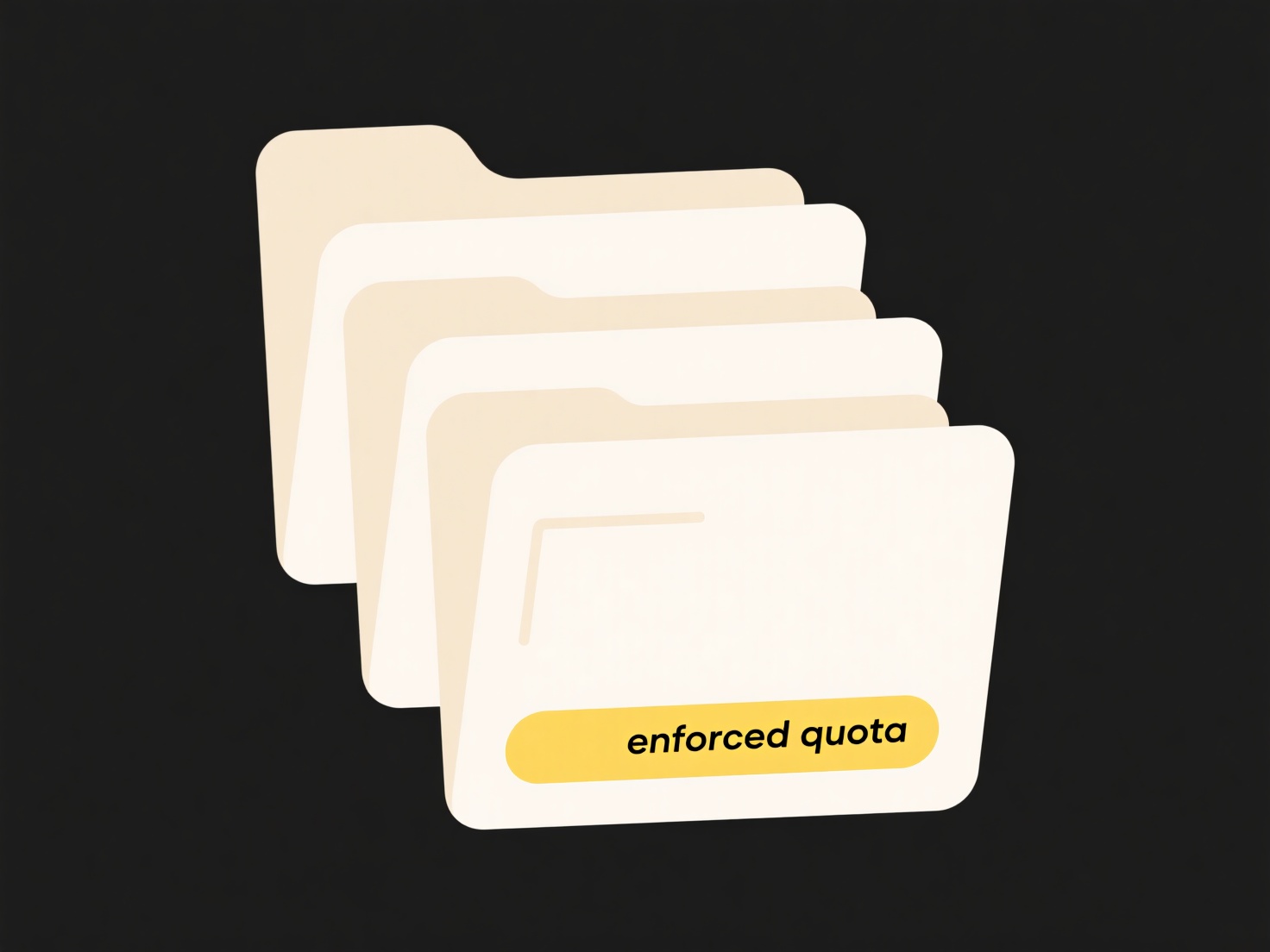
Renaming academic files by citation style means structuring filenames to reflect standardized referencing formats like APA or MLA. This approach organizes research materials like PDFs around their bibliographic attributes—author names, publication years, titles—rather than generic identifiers. Unlike sequential naming (e.g., Paper1.pdf), it encodes citation metadata directly into the filename itself, making retrieval intuitive for scholars adhering to specific style guides.

Legal researchers and academic librarians frequently use this method. For instance, a PDF cited in APA format might be named Smith_2020_ClimateChangeImpacts.pdf. Tools like Zotero or JabRef support automated renaming based on citation styles, while scripts (e.g., Python with Pandoc) can batch-process files using reference managers' export data.
Key advantages include rapid location of sources via search and clearer version tracking. Limitations include filename length restrictions obscuring long titles and potential inconsistencies when styles update. Future integrations with AI metadata extraction could automate naming further. While enhancing individual workflows, this practice relies on consistent manual entry or tool accuracy.
How do I rename academic files by citation style?
Renaming academic files by citation style means structuring filenames to reflect standardized referencing formats like APA or MLA. This approach organizes research materials like PDFs around their bibliographic attributes—author names, publication years, titles—rather than generic identifiers. Unlike sequential naming (e.g., Paper1.pdf), it encodes citation metadata directly into the filename itself, making retrieval intuitive for scholars adhering to specific style guides.

Legal researchers and academic librarians frequently use this method. For instance, a PDF cited in APA format might be named Smith_2020_ClimateChangeImpacts.pdf. Tools like Zotero or JabRef support automated renaming based on citation styles, while scripts (e.g., Python with Pandoc) can batch-process files using reference managers' export data.
Key advantages include rapid location of sources via search and clearer version tracking. Limitations include filename length restrictions obscuring long titles and potential inconsistencies when styles update. Future integrations with AI metadata extraction could automate naming further. While enhancing individual workflows, this practice relies on consistent manual entry or tool accuracy.
Quick Article Links
Why am I getting a “Permission denied” error when saving?
A "Permission denied" error occurs when your operating system prevents you from writing or modifying a file in a specifi...
Can I link related files across folders?
Linking related files across folders creates references between files located in different directory locations without p...
How do I rename movie files using IMDB data?
Renaming movie files using IMDb data involves automated tools that fetch correct titles, release years, and other metada...